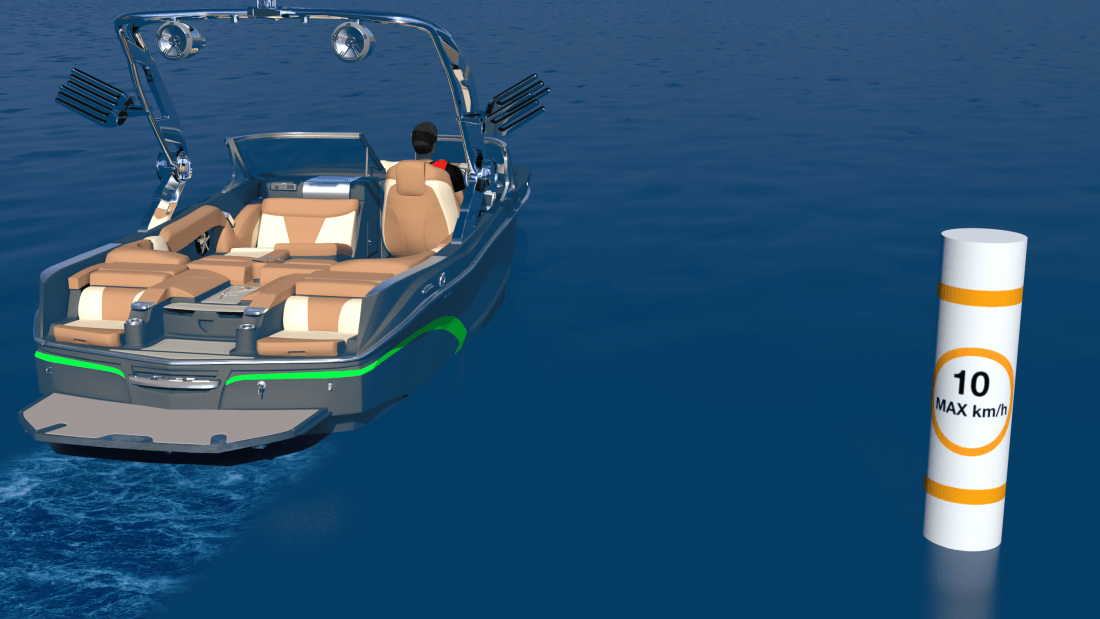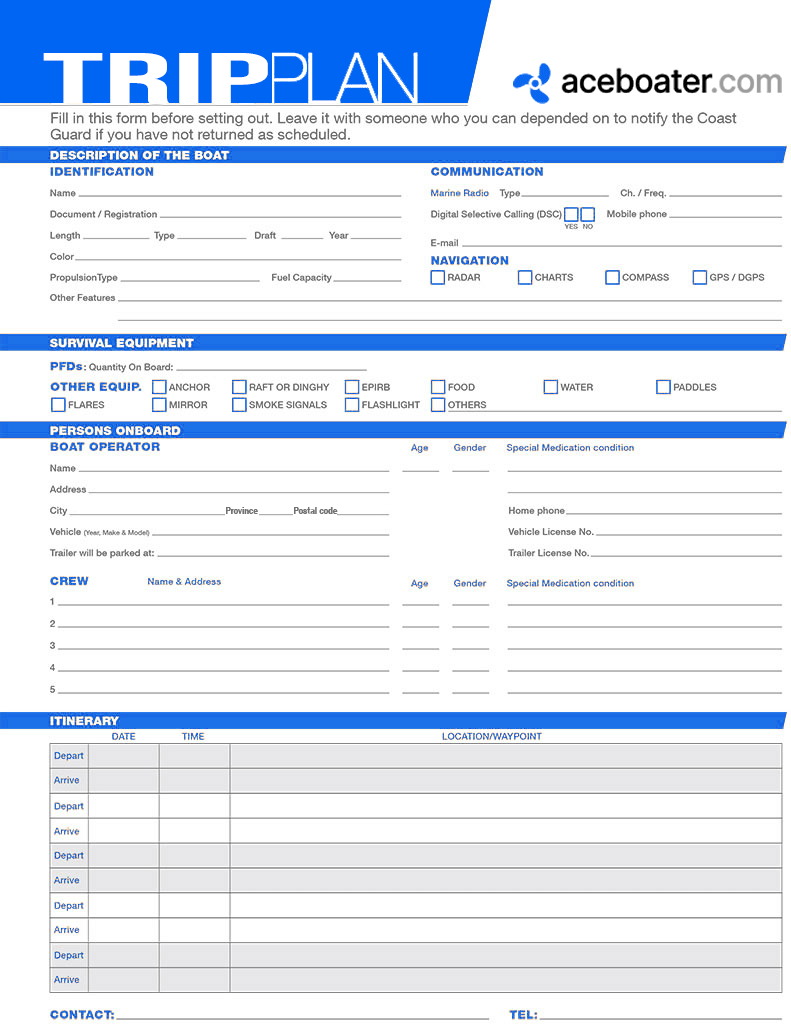Smart Ways to Avoid Boat Accidents

Boating is a popular recreational activity, but accidents can happen if safety precautions are ignored. Most boating accidents are preventable with proper planning, awareness, and adherence to Canadian regulations.
1. Know and Follow the Law
-
Pleasure Craft Operator Card (PCOC): Anyone operating a powered vessel in Canada must carry a valid PCOC.
-
Follow Transport Canada regulations: This includes speed limits, navigation rules, and right-of-way regulations.
-
Local laws matter: Some lakes, rivers, or harbours have specific rules—always check before heading out.
2. Always Wear Life Jackets
-
Canadian law requires life jackets (PFDs) for every person on board.
-
Ensure life jackets are approved, in good condition, and properly fitted.
-
Consider wearing life jackets even when anchored or moving slowly—many accidents happen close to shore.

3. Maintain Your Vessel
-
Regularly inspect your boat for engine issues, leaks, or equipment failures.
-
Check safety equipment: fire extinguisher, signaling devices, first aid kit, navigation lights.
-
Keep ropes, anchors, and other gear organized to avoid tripping hazards.
4. Assign a Spotter
-
If towing water skiers, wakeboarders, or tubers, ensure someone other than the operator is on board to keep watch.
-
The spotter communicates with the driver and watches for obstacles, swimmers, or emergencies.
5. Keep a Safe Speed
-
Adjust speed for traffic, weather, visibility, and water conditions.
-
Reduce speed in congested areas, near docks, and around swimmers.
-
Remember: Canada’s waterways often have narrow channels and hidden hazards, so slower speeds increase reaction time.

6. Maintain Situational Awareness
-
Keep a proper lookout for other boats, swimmers, floating debris, and wildlife.
-
Be aware of weather conditions—fog, high winds, and storms can create dangerous situations quickly.
-
Learn to read navigation markers, buoys, and restricted areas.
7. Avoid Alcohol and Drugs
-
Operating a boat under the influence is illegal in Canada and is a major cause of accidents.
-
Even small amounts of alcohol impair judgment, reaction time, and coordination.
-
Assign a sober operator whenever alcohol is involved.
8. Communicate Your Plan
-
Let someone on shore know your route and expected return time.
-
Carry a marine VHF radio or a waterproof cell phone in case of emergencies.

9. Use Proper Lighting
-
Use navigation lights during low-light conditions (dusk, dawn, night, or fog).
-
Ensure lights are functional and comply with Canadian regulations.
10. Prepare for Emergencies
-
Keep a first aid kit, signaling devices, and a throwable PFD on board.
-
Review basic safety procedures, including man-overboard recovery, fire response, and collision avoidance.
Most boating accidents can be avoided with preparation, awareness, and adherence to safety rules. Following these steps protects you, your passengers, and others on the water.
Quick Boat Safety Checklist:
-
Operator carries valid PCOC
-
Life jackets (PFDs) for everyone
-
Vessel inspected and safety gear onboard
-
Someone other than operator watches skiers/wakeboarders
-
Safe speed for conditions
-
Proper lookout maintained
-
No alcohol or drugs while operating
-
Communication plan shared
-
Navigation lights functional
-
Emergency procedures reviewed